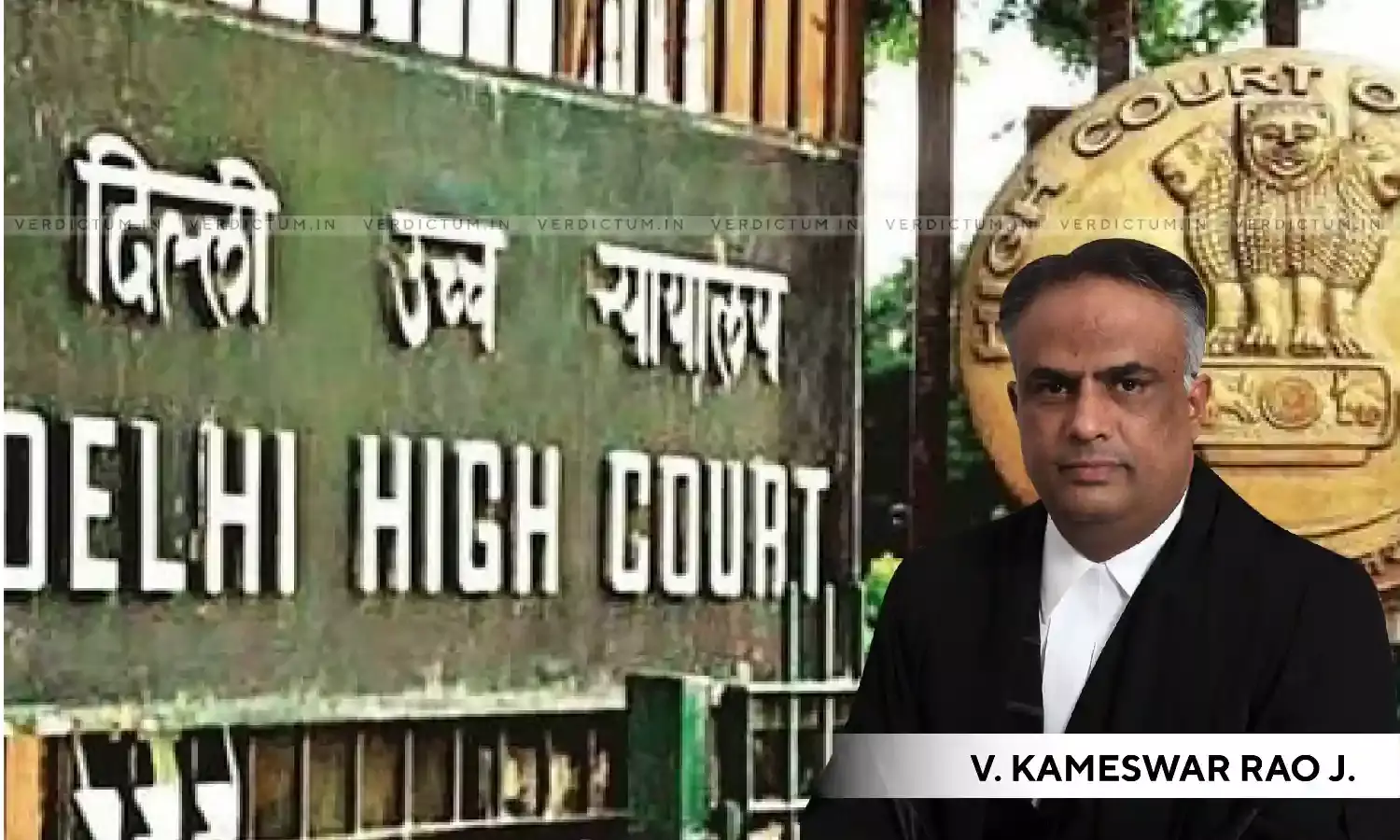Section 11 A&C Act- Arbitrator To Be Appointed When MOU Has Arbitration Clause & Even If LOI Do Not Contain Any Arbitration Clause: Delhi HC

The Delhi High Court recently observed that when the Arbitration Clause has been provided in the Memorandum of Understanding (MoU) between the Parties, then any Letter of Intent (LOI) exchanged between the Parties need not have a separate Arbitration Clause and the main MoU will encompass any LOIs exchanged between the parties for the purpose of appointing the Sole Arbitrator.
The Single bench of Justice V. Kameswar Rao observed, “If the plea of Mr. Uppal (counsel for respondent) that the disputes relate to the LoIs, which do not contain the arbitration clause is not substantiated then the dispute with regard to LoIs are necessarily to be decided through the process of arbitration. It can be a position that MoU and LoIs are two separate contracts, then also the arbitration Clause in MoU need to be given effect to whatever is its effect.”
Advocate Akash Nagar appeared for the petitioner whereas Senior Advocate Kirti Uppal appeared for the Respondent.
In this case, Petitioner had entered a Memorandum of Understanding (‘MoU’) with the respondent for the execution of the work under granted by the Oil and Natural Gas Corporation (‘ONGC’) to the petitioner.
The Petition stated that as per Clause 3 of the MoU, both parties had to cooperate in the execution of the Project in a manner that the respondent had to act like a technical collaborator and provide Design and Engineering Services, Supply Supervisory and Management Services, Supply of Critical Equipment for the Project and also to make available to the petitioner its expertise and technical know-how in the field of execution of Water and Effluent Treatment projects.
It is further stated that the bid of the petitioner was accepted by the ONGC and as a result, the afore-said MoU had come into force. It was stated that the said MoU also contains an Arbitration Clause stipulated as Clause 10, which renders any dispute arising out of the said MoU arbitrable.
Subsequently, the petitioner and the respondent executed a Letter of Intent which was executed in reference to the MoU. As per the LOI, it was finalized that the respondent will be paid 2% of the contract value.
Thereafter, for the purpose of execution of the Project, the petitioner initiated discussions through several emails, phone calls and meetings were also held in the office of the respondent including one ‘Management Review Meeting’ (‘MRM’), which was organized by the ONGC at its plant in Uran on November. It is stated that the respondent kept delaying the execution of the work as it failed to submit the proper documents for the execution of the Project.
It is the case of the petitioner that though the respondent was not carrying out the execution of the Project but it was regularly asking the petitioner for the payment for the execution of the Project, without finalising the Minutes of Meeting which had to be jointly submitted by the Petitioner and Respondent to ONGC.
It was the case of the petitioner that despite making enough efforts, the respondent failed to execute the work as per the Contract. As a result, the ONGC terminated the Contract vide a Notice of Intimation of Termination of Contract.
The submission of the counsel for the petitioner is that the instant petition is primarily filed by invoking the provisions of the MoU wherein the parties had decided to enter into a relationship for executing the Project which was awarded to the petitioner by the ONGC.
On the other hand, the only objection advanced by the Respondent, was primarily that the dispute does not pertains to the MoU but several LoIs which have been issued subsequently by the petitioner to the respondent and the said LoIs do not contain any arbitration clause(s), which shall make the present petition maintainable.
The Court observed that “…the issue, whether the disputes which have arisen between the parties are in the terms of the MoU dated June 19, 2014 or in terms of the LoIs issued by the petitioner or related to both (as according to Mr. Nagar both the MoU and the LoIs are interrelated, as LoIs were issued in furtherance of the MoU), can be looked into by the Arbitrator as the Arbitrator can decide his own jurisdiction in terms of Section 16 of the Act of 1996. It is not a case that no arbitration Clause exists between the parties.”
The Court noted that if the plea of Respondent that the disputes relate to the LoIs, which do not contain the arbitration clause is not substantiated then the dispute with regard to LoIs are necessarily to be decided through the process of arbitration.
“If the plea of Mr. Uppal that the disputes relate to the LoIs, which do not contain the arbitration clause is not substantiated then the dispute with regard to LoIs are necessarily to be decided through the process of arbitration. It can be a position that MoU and LoIs are two separate contracts, then also the arbitration Clause in MoU need to be given effect to whatever is its effect.”, the Court held.
The Court disposed of the petition by appointing Justice R.K. Gauba, a former Judge of the Court as Arbitrator, to adjudicate the disputes between the parties.
Cause Title- Newton Engineering & Chemicals Limited v. UEM India Private Limited (Neutral Citation Number:2023/DHC/001644)
Click here to read/download Judgment

